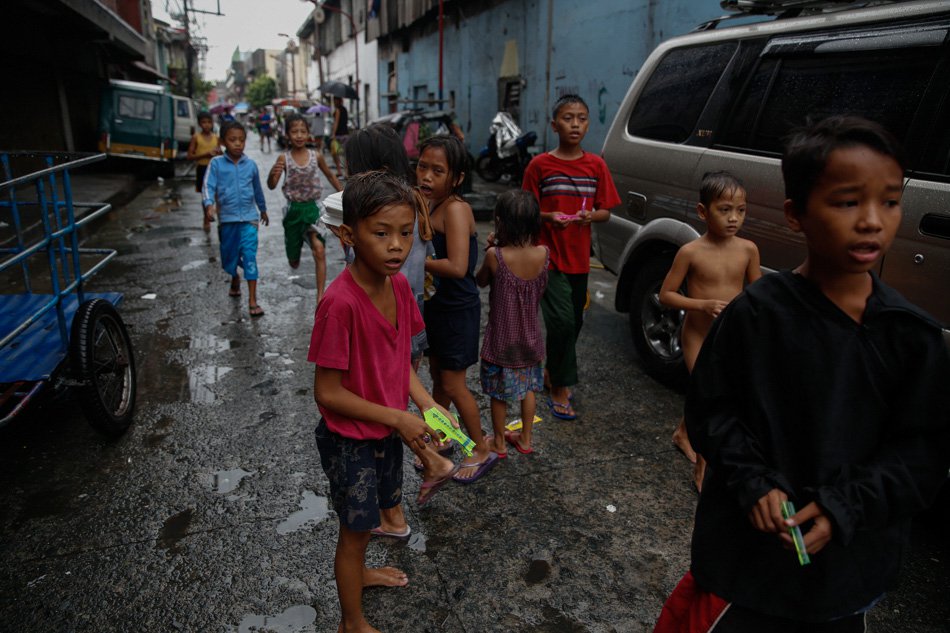A proposal to lower the age of criminal liability in the Philippines to 9-years-old has come under fire from human rights groups and legislators, local media reported on Tuesday
They warned that the move could harm rather than protect children.
The justice committee of the House of Representatives on Monday approved a bill proposing to lower the age of criminal liability from 15 to 9.
The Senate’s justice committee began deliberating the proposal on Tuesday.
A number of senators have expressed concern the move, which is aimed at protecting children from being used by criminal syndicates, could end up punishing the minors instead.
“If our problem is that a lot of children are being used to commit crime, then maybe what we should do as a policy is to increase the penalty of adults who used kids to commit crime,’’ Senator Joel Villanueva said.
Sen. Grace Poe warned that the Philippines would be creating “kindergarten prisons’’ if the bill was approved.
“Throw these kids in a congested jail with adult criminals and chances are they will emerge from prison and rejoin society not as reformed and skilled individuals but as bitter young men,’’ she added.
Human rights group Karapatan said the proposal would place millions of children at “greater risk of being criminalised and stigmatised for life.’’
House justice committee chairman Doy Leachon has defended the proposal.
“This bill was brought about by the alarming increase in the number of criminal syndicates using minors to carry out criminal acts based on recent news reports,’’ he said in a statement.
